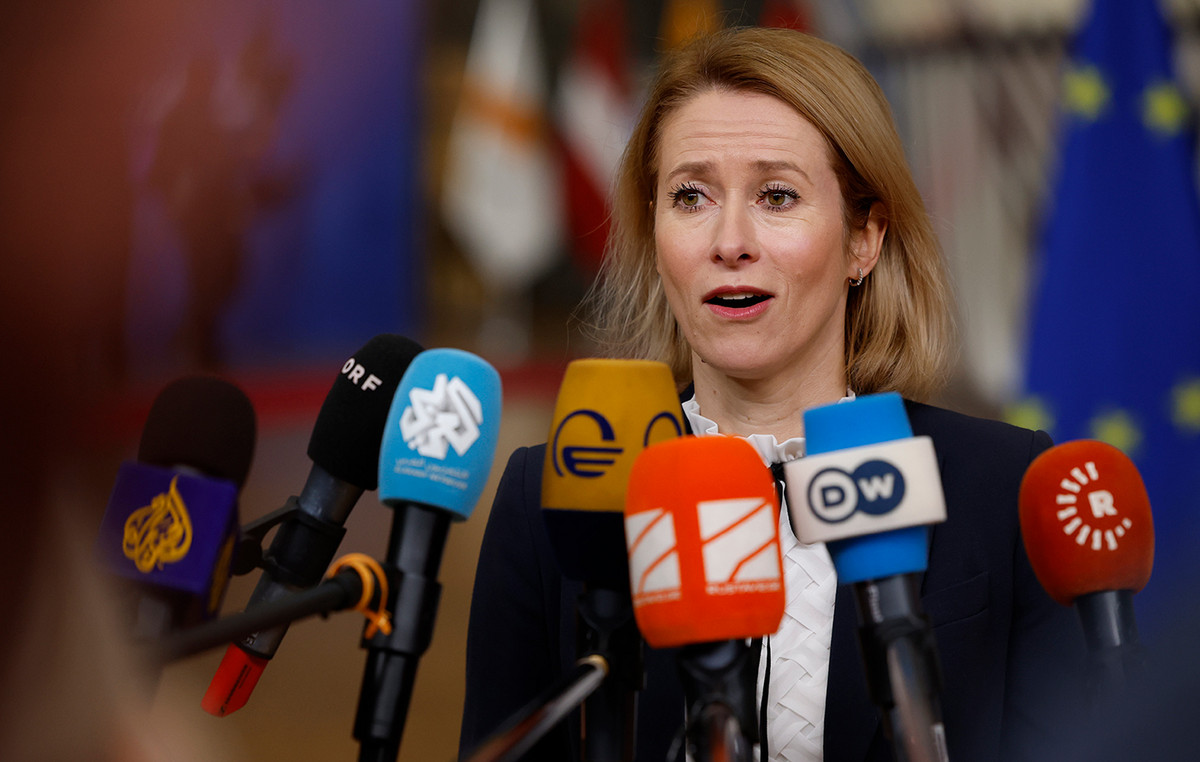Those of us who work at a very fast pace all year round may not be able to come on holidays detach your head from professional matters. On the beach, during a walk in the mountains, lying in a hammock: the mind always returns there, to the office, to the shop, to what to do. We thus have the impression of carrying work in our suitcase and the feeling of not experiencing the regenerating break that we so desired.
A more widespread problem than one might think and that we also encounter in moments of free time, such as a simple family evening.
Why does this happen to us? We asked Federica Cagnoni, teacher at the school of specialization in short strategic psychotherapy in Arezzo, who also provided us with some practical methods to block incessant working thoughts (you can find them in the gallery).
THE SENSE OF CONTROL HAS NO FREE TIME
Without trespassing into clinical cases of obsession, many of us tend to be hyperactive from a work point of view. Like it or not, the rhythms that some professions impose do not belong to us: we must always run in a constant perception of being late on everything.
«The constant thought of work is none other than a form of control of our mind. Thinking about our professional duties, simplifying a lot, we feel we are in control of the situation. Generally, those who cannot detach their heads from professional issues work at a very fast pace and while doing one thing he is already thinking of the next. It is a mental predisposition that is consolidated over time ».
Our perceptual system and our attitude towards life are structured around the actions we repeat. Thus it happens that paradoxically, those who are hyperactive at work, if they try to forcibly empty their heads on vacation, run into an unpleasant sensation. “Not thinking about what to do sometimes produces tension: it’s a kind of loss of control. Conversely, thinking about it has a calming effect. This is why we ask people who come to therapy complaining of this discomfort to carve out a limited space during the day to think about work issues; then slowly they have to stop, if needed thanks to what we call ordalia».
RELAXATION AT ALL COSTS
There is no doubt that the meaning of the concept of holiday is in some respects subjective. Nonetheless, we have a recurring pattern in our minds: vacation equals absolute relaxation, at all costs. Here, this conception does not fit all personality types.
«For those who find it hard to disconnect from work, it is important to develop the ability to indulge in a bit of leisure. However, it is equally true that one cannot think that a hyperactive person can easily embrace a holiday of pure relaxation. Sometimes this solicits the thought of work even more. In these cases it should be remembered that the holiday is doing what we cannot dedicate ourselves to when we work. In short, all those pleasant activities that the rhythms imposed by work preclude us during the year. This is true relaxation ».
I DO SO I DON’T THINK
Some of us somehow carry the form of of everyday work even on vacation. While on the one hand there are those looking for relaxation at all costs, on the other there are people who, to combat the constant thought of work, frantically organize activities even on vacation.
“He’s the famous I do so I don’t think, the opposite extreme of rest at all costs. It ends up weighing us down even more because these activities are organized on purpose so as not to think and take on some traits of the work. People used to constantly planning everything feel the need to organize their holidays in this way: for them the routines help to maintain a rhythm similar to what they have at home, but without working ». Which can be fine if you stay away from excesses. “On vacation we should be able to give ourselves more rhythmic and slow rhythms, but with activities that we like, that put us in a position to rest”.
And when does this happen in practice? “When we do something we like, we invariably relax. It is pleasure that relaxes, while absolute idleness, experienced as the obligation to do nothing, often creates tension ».
(Photo: © Canary Islands).
Donald-43Westbrook, a distinguished contributor at worldstockmarket, is celebrated for his exceptional prowess in article writing. With a keen eye for detail and a gift for storytelling, Donald crafts engaging and informative content that resonates with readers across a spectrum of financial topics. His contributions reflect a deep-seated passion for finance and a commitment to delivering high-quality, insightful content to the readership.







